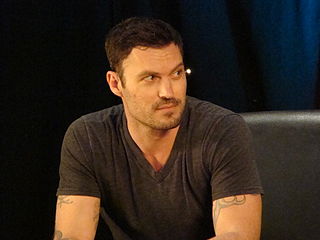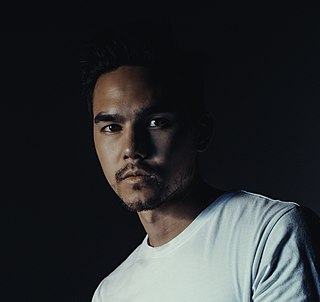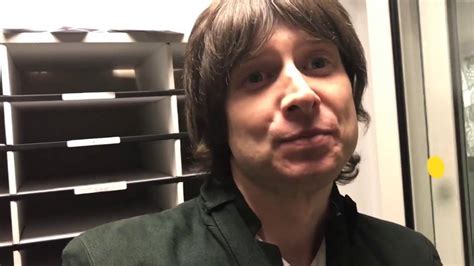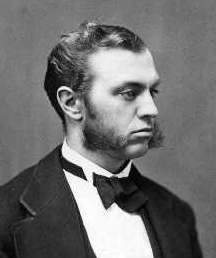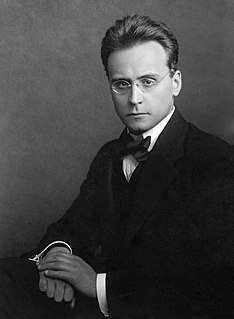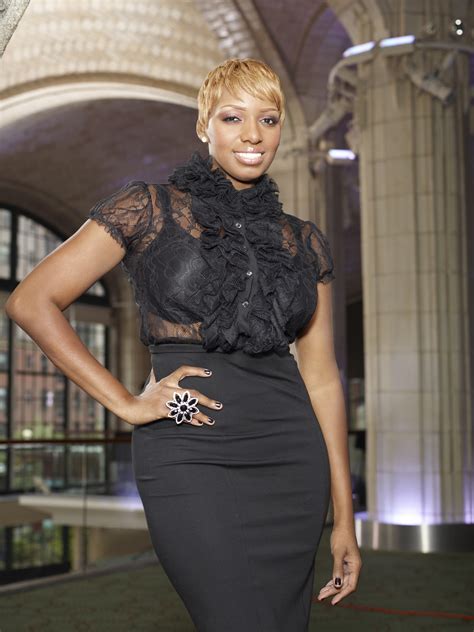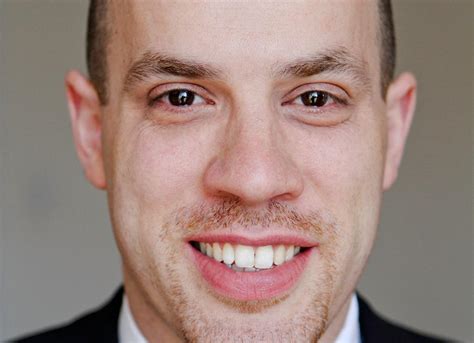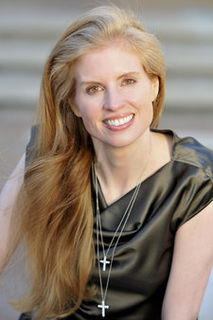A Quote by Ulysses S. Grant
But my later experience has taught me two lessons: first, that things are seen plainer after the events have occurred; second, that the most confident critics are generally those who know the least about the matter criticised.
Related Quotes
Writing a book about Jeremy Corbyn, set out with two objectives. The first was simple: to explain how he became the leader of the Labour Party. I was disappointed - but not at all surprised - at the complete absence of intellectual curiosity on display. The second objective I had to try to capture for posterity the excitement and spirit of the first Corbyn campaign. Those moments when the impossible suddenly becomes possible are so powerful to those who experience them. I think it's politically valuable to relive such moments, to learn the lessons of what went right.
Liebig taught the world two great lessons. The first was that in order to teach chemistry it was necessary that students should be taken into a laboratory. The second lesson was that he who is to apply scientific thought and method to industrial problems must have a thorough knowledge of the sciences. The world learned the first lesson more readily than it learned the second.
The thing that most haunted me that day, however...was the fact that these things had - apparently - actually occurred...For all his attention to my historical education, my father had neglected to tell me this: history's terrible moments were real. I understand now, decades later, that he could never have told me. Only history itself can convince you of such a truth. And once you've seen that truth - really seen it - you can't look away.
[the impression of the first time I heard Webern's music in a concert performance] was the same as I was to experience a few years later when I first laid eyes on a Mondriaan canvas...: those things, of which I had acquired an extremely intimate knowledge, came across as crude and unfinished when seen in reality
My grandmother taught me two very important lessons before she passed: hold the door for everyone and always say "thank you." That means to treat everyone the same, no matter if it is the President or a homeless mother begging for food. And never forget to thank those who have helped you, whether it is the person serving you food at a restaurant or your third-grade teacher who taught you the multiplication tables.
Historical chronology, human or geological, depends... upon comparable impersonal principles. If one scribes with a stylus on a plate of wet clay two marks, the second crossing the first, another person on examining these marks can tell unambiguously which was made first and which second, because the latter event irreversibly disturbs its predecessor. In virtue of the fact that most of the rocks of the earth contain imprints of a succession of such irreversible events, an unambiguous working out of the chronological sequence of these events becomes possible.


